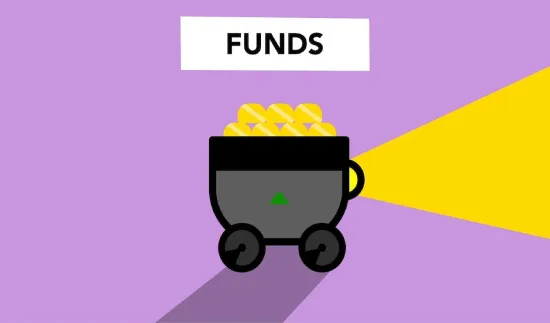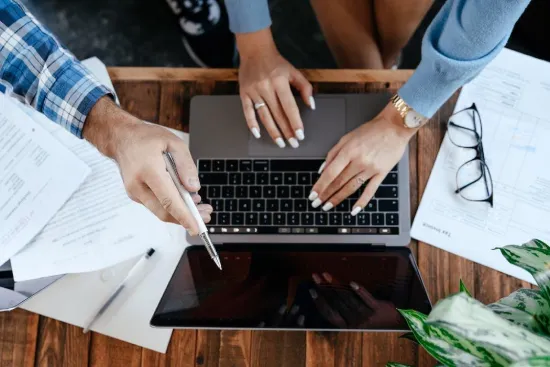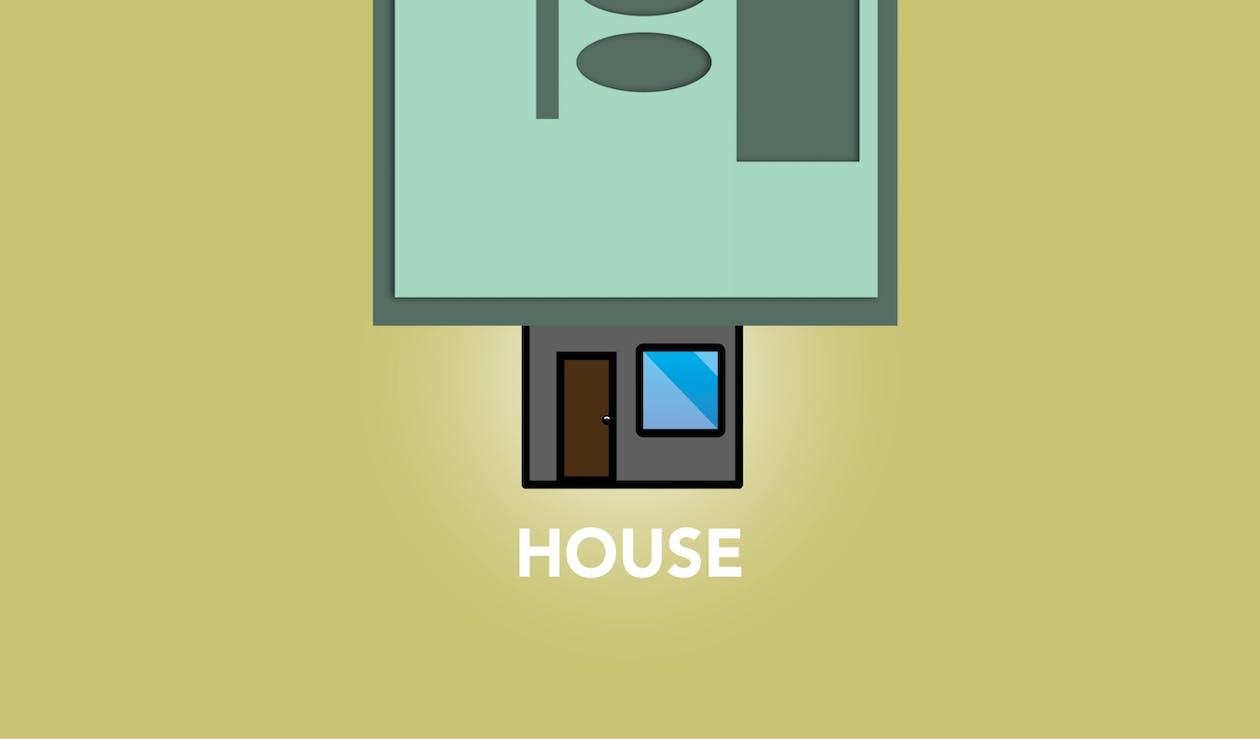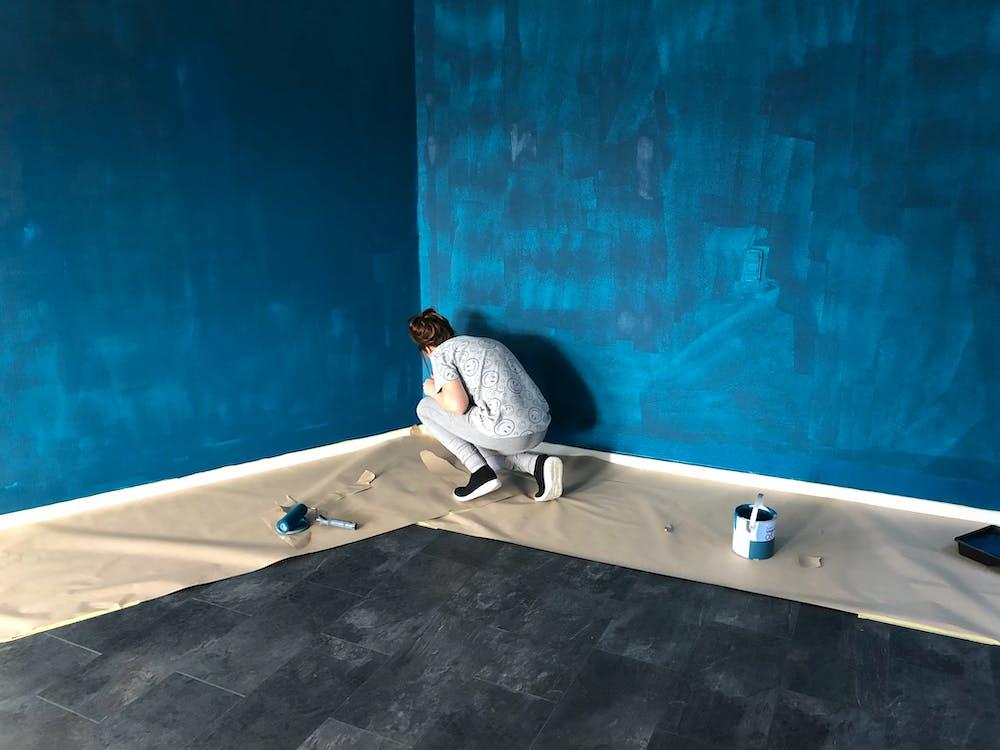What Do Homebuyers Need To Know About Deposit And Earnest Money
When you are signing a contract to purchase property in NYC, you need to put down a certain amount of money out of your own pocket. This money is called the deposit or an initial deposit. It’s also called earnest money because it shows that you are committed to buying the property, and the seller doesn’t need to look for other buyers. In some cases, it’s also called a contract deposit.
How Much Is The Deposit/Earnest Money In NYC?
The standard amount of deposit in NYC when you sign the contract is 10% of the purchase price. For a $1,500,000 property, that would be $150,000. In most cases, you (the buyer) will transfer the deposit into an escrow account held by the seller’s attorney.
If your purchase of the property goes smoothly, this amount is used to fund your down payment. It’s not a separate out-of-pocket expense you need to set aside money for, especially if you are saving for the standard down payment amount (or more). While this rarely happens, if the deal doesn’t go through, there is a possibility you may not be able to get your deposit back, and the seller will keep it.
How Can You Get Your Deposit/Earnest Money Back?
There are conditions and contingencies in the contract you sign that outline how or when you can get your deposit back. They might include things such as mortgage approval, co-op board approval, and mortgage appraisal being the same (or near) as the purchase price of the property. This is why it’s very important to work with an excellent attorney to ensure you are protected.
Sellers don’t like these contingencies because if any of them become effective after both you and the seller have signed the contract, you get your deposit back, and the seller loses a lot of time. But for this to work in your favor, you have to deal in “good faith.” If you can’t go through with the deal and it’s not covered by a contingency you have, you might not get your deposit back.
Other Things A Buyer Needs To Know About The Deposit/Earnest Money
- You can pay more than 10% earnest money, but it might not make your offer any more attractive. In some rare cases, you can pay less than 10% earnest money.
- Earnest money is generally refundable, but if you’ve excluded contingencies that are usually present in the real estate contract to make your offer more attractive to buyers, you can lose the earnest money to the seller if the deal doesn’t go through.
- The deposit/earnest money process might be a bit different for new construction, i.e. when you are buying directly from the developer.
- Earnest money is part of what makes a real estate contract legally binding (in addition to both buyers and sellers signing and countersigning the contract).
What NYC Homebuyers Need To Know About Down Payment?
Down payment is the part of the purchase price that you pay out of your own pocket, while the rest comes from the mortgage lender if you are financing. For buying an apartment (a co-op or a condo) in NYC, the standard down payment is 20%.
But when you are saving for buying a home, it’s a good idea to save more than just for the 20% down payment. You should consider all the closing costs associated with purchasing the property and save accordingly. Many co-ops will require more than 20 percent down, while putting less than 20 percent on a condo will require Private Mortgage Insurance or PMI.
Importance Of Down Payment
Even though the 10% earnest money you pay when signing the contract becomes part of the down payment when you are closing the deal, the idea behind them is slightly different. Where earnest money is more about enforcing the contract you signed and good faith dealing, down payment indicates your financial strength to both the seller and your mortgage lender.
The more you can put down toward your down payment, the better. It will present you as a strong buyer in the market, and your chances of getting approved for a mortgage will increase significantly. You also may get a better interest rate if you can put down more for your down payment because your mortgage lender will see it as a sign of your strong financial situation and your mortgage as a low-risk investment.















